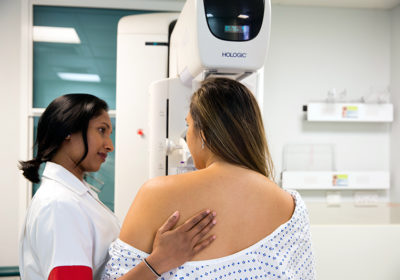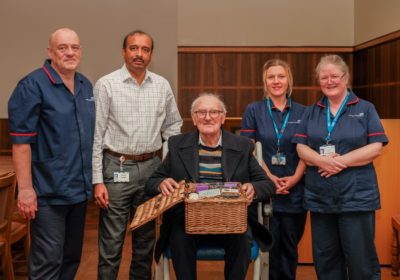The call comes as new research shows less than one in five smokers (19%) in the North East are aware smoking is increasing their dementia risk.
Fresh is joining up with psychiatrists at mental health trusts from across the North East and North Cumbria to raise awareness that stopping smoking protects brain health as we age.
Alzheimer’s Research UK research shows dementia is the most feared health condition for people over the age of 55. For anyone who smokes, quitting is an important step to protect brain health and prevent dementia.
If you smoke, it puts you at a much higher risk of developing dementia:
- Smoking increases the risk of vascular problems (heart and blood vessels), including strokes or bleeds in the brain, which are risk factors for many types of dementia.
- Poisonous chemicals in cigarette smoke cause inflammation and stress to cells and kill off brain cells and neurons, linked to the development of dementia, including Alzheimer’s disease.
This year’s No Smoking Day campaign is backed by Consultant Old Age Psychiatrists from both of the region’s mental health trusts: Tees, Esk and Wear Valleys NHS Foundation Trust and Cumbria, Northumberland and Tyne and Wear NHS Foundation Trust, which both support patients with dementia.
Dr Charlotte Allan, Lead Consultant at Newcastle Memory Assessment and Management Service, Cumbria, Northumberland, Tyne and Wear NHS Foundation Trust said: “I don’t think many people are aware that smoking can increase the risk of dementia, but people certainly do worry about what it might be like to lose their memory, to need more support and to have to rely on other people.
“When people smoke, the poisons in tobacco smoke circulate around the body, and these damage blood vessels and harm our brain over time. Smoking causes inflammation and stress to the cells within the brain, which can kill off brain cells, and that increases the chance of dementia.
She added: “It is really important that we raise awareness of the things that can reduce our risk of dementia. Quitting smoking at any age is going to help your overall health and it’s going to help reduce the risk of dementia.”
Dr Mani Santhana Krishnan FRCPsych, a consultant in old age psychiatry/liaison psychiatry and specialty clinical director for mental health services for older people at Tees, Esk and Wear Valleys NHS Foundation Trust, said: “Smoking can increase the risk of both Alzheimer’s and vascular dementia – the more someone smokes, the higher the dementia risk.
“It is estimated that worldwide, potentially 14% of Alzheimer’s dementia could be attributed to smoking.
“Like other smoking related health issues, quitting at any age can still significantly reduce risk of Alzheimer’s disease and other forms of dementia – that’s why it’s really important to raise awareness of these issues.”
Alzheimer’s Research UK research shows only one in three UK adults know there are things they can do to help reduce their risk of dementia [2], and stopping smoking is one of them.
Ailsa Rutter OBE, Director of Fresh and Balance, said:“Brain health is something we can all relate to. Nobody wants to develop dementia or see their loved ones suffer so it’s important that people know the link between smoking and dementia.
“Smoking remains one of our biggest causes of death, disease, hospital admissions and health inequalities in the North East, killing 113,000 people in the region since the year 2000.
“We know over the years lots of people have used No Smoking Day as a good time to give quitting a go. Don’t ever think it’s too late or you can’t do it. It’s never too late and it can take you a few tries before you manage to quit for good. There are lots of things you can try including switching over completely to a vape/electronic cigarette which is much less harmful than staying on tobacco. You’re also more likely to quit for good if you get help from a specialist stop smoking service and use stop smoking aids like nicotine replacement products.”
Find out where you can get free access to the latest quitting aids, apps, information, one-to-one advice, and local support.
Listen to our radio advert on YouTube:






